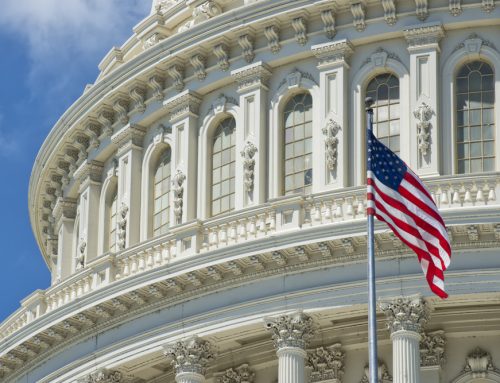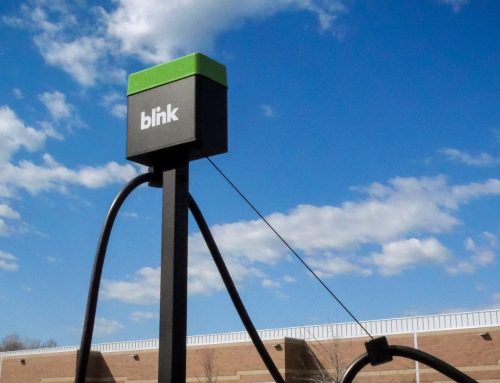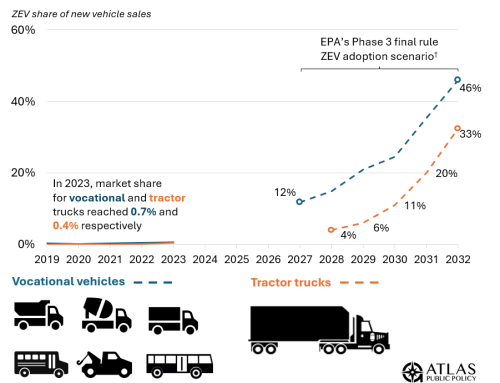
Source: Pikist
On Thursday, June 24th, President Biden struck a deal with a bipartisan group of senators on a $1.2 trillion infrastructure bill known as the Bipartisan Infrastructure Framework. The proposal includes $579 billion in new spending, of which $15 billion is allocated to EVs and charging infrastructure.
The Bipartisan Infrastructure Framework is part of President Biden’s push to revitalize the nation’s infrastructure that began with Biden’s proposal of the American Jobs Plan back in April. Compared to the American Jobs Plan, the Bipartisan Infrastructure Framework includes significantly less dedicated funding for EVs and charging infrastructure. The $15 billion dedicated to EVs is less than 10 percent of the $174 billion initially proposed in the American Jobs Plan and only a small portion of the estimated $87 billion needed for investments in charging infrastructure over the next decade to put the nation on the path to full electrification and 100 percent passenger EV sales by 2035. Importantly, however, Democrats are making clear that they view this bipartisan bill as only part of the larger originally proposed infrastructure package and that they still plan to move forward with the larger package through budget reconciliation.
Despite cutbacks, the Bipartisan Infrastructure Framework would still represent by far the biggest spending commitment from the federal government on EVs and charging infrastructure. The $15 billion investment is evenly split between EV infrastructure and electric transit and school buses. According to the White House Fact Sheet, the $7.5 billion for EV Infrastructure would go towards building a national network of EV chargers along highways and in rural and disadvantaged communities, while the remaining $7.5 billion would go to electrify school and transit buses and drive domestic manufacturing of zero-emission vehicles and components.
While talks continue in the Senate, the Biden Administration continues to advance its EV agenda through executive action. On June 8th, the Department of Energy (DOE) released the National Blueprint for Lithium Batteries, a 10-year government-wide plan to develop a domestic lithium battery supply chain. In concert with the blueprint, the DOE also announced several new policies to further support the Administration’s domestic manufacturing plans. First, the Loan Programs Office published guidance to clarify the authority of the Advanced Technology Vehicles Manufacturing Loan Program to use its $17 billion loan authority to support developing domestic battery manufacturing facilities. In addition, the DOE is pushing for federal agencies to procure energy storage and is leveraging $260 million in existing federal grants from the Federal Energy Management Program to install stationary battery storage at federal sites. More recently, the DOE has turned its attention to vehicle-to-grid integration, releasing a request for information on June 15th seeking feedback on the topic from industry, academia, research laboratories, government agencies, and others.
The Biden Administration took a prominent role at Forth’s Roadmap Conference with Secretary of Transportation Pete Buttigieg delivering opening remarks and members from the Department of Transportation, Department of Energy, and Environmental Protection Agency all featuring on panels. Watch Atlas Founder Nick Nigro and Forth Executive Director Jeff Allen break down the key takeaways from the conference on the latest episode of EV Hub Live.


